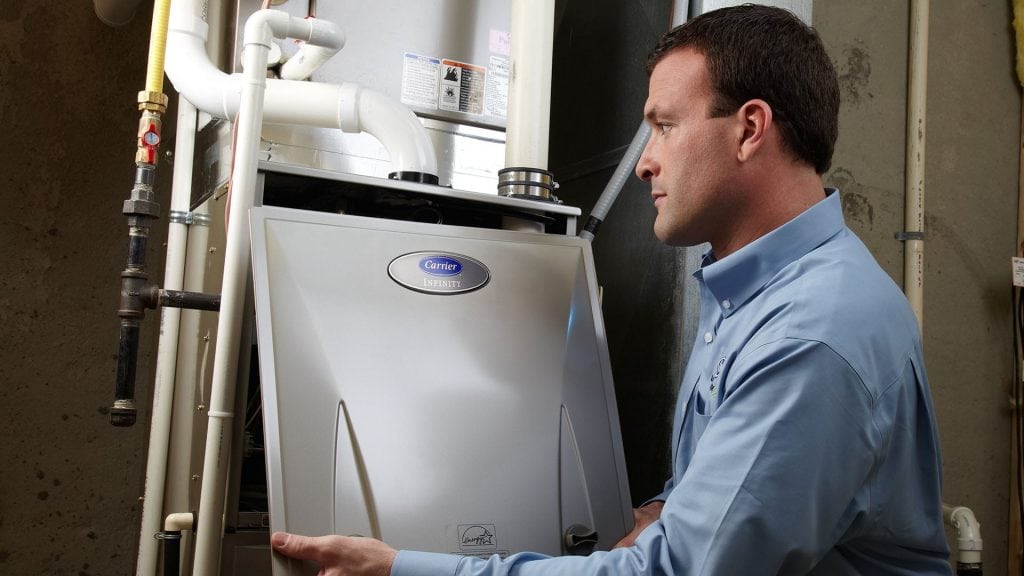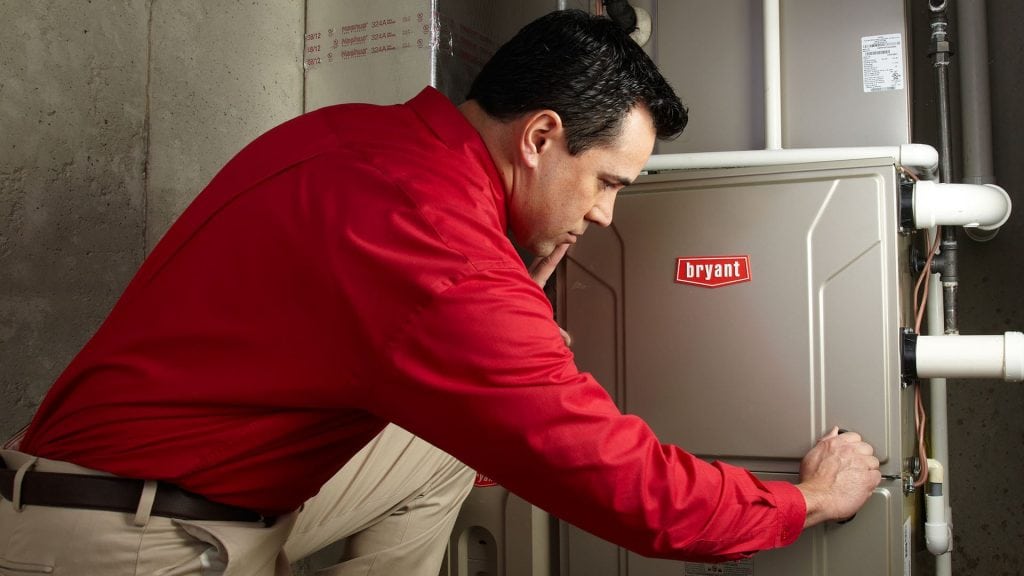Has Your A/C Evaporator Coil Sprung a Leak? Possible Causes and Prevention

Has Your A/C Evaporator Coil Sprung a Leak? Possible Causes and Prevention
If the evaporator coil in your air conditioner has developed a leak, it can be a significant aggravation that's costly to replace. The best way to handle A/C evaporator coil leaks is to prevent them from occurring through regular maintenance and changes in household habits. Here's information on how A/C evaporator coil leaks form and how to keep them from damaging this important system component.
More About Evaporator Coils
Evaporator coils are most commonly made of copper. They contain the refrigerant that absorbs heat from your indoor environment, producing conditioned air that cools your home's interior. Manufacturers indicate that coil failures from factory-caused sources are very limited. Most A/C evaporator coil leaks occur because of factors that can be controlled. A chemical reaction between the copper of the evaporator coils, water and oxygen is responsible for most damage that leads to leaks. This reaction produces formic acid, which corrodes and weakens the walls of evaporator coils. When this damage occurs, it is more likely that the coils will spring a leak.How to Prevent Evaporator Coil Leaks
Two of the most reliable ways of preventing A/C evaporator coil leaks are:- Coil replacement - Replacing existing copper coils with coils made of plastic or other nonreactive substance can prevent formic acid from being created. If you're upgrading your air conditioner to use newer types of refrigerant, this is a good time to replace the copper coils with plastic material.
- Controlling exposure to volatile organic compounds: Volatile organic compounds, or VOCs, are chemical substances that can also react with copper evaporator coils and produce formic acid. By controlling coil exposure to VOCs, you'll make this situation much less likely. Limit the use of VOC materials, such as cleaners and air fresheners. Increase the amount of fresh air and ventilation around your air conditioner. Have regular preventive maintenance performed by an HVAC professional who can recognize potential coil leaks.



